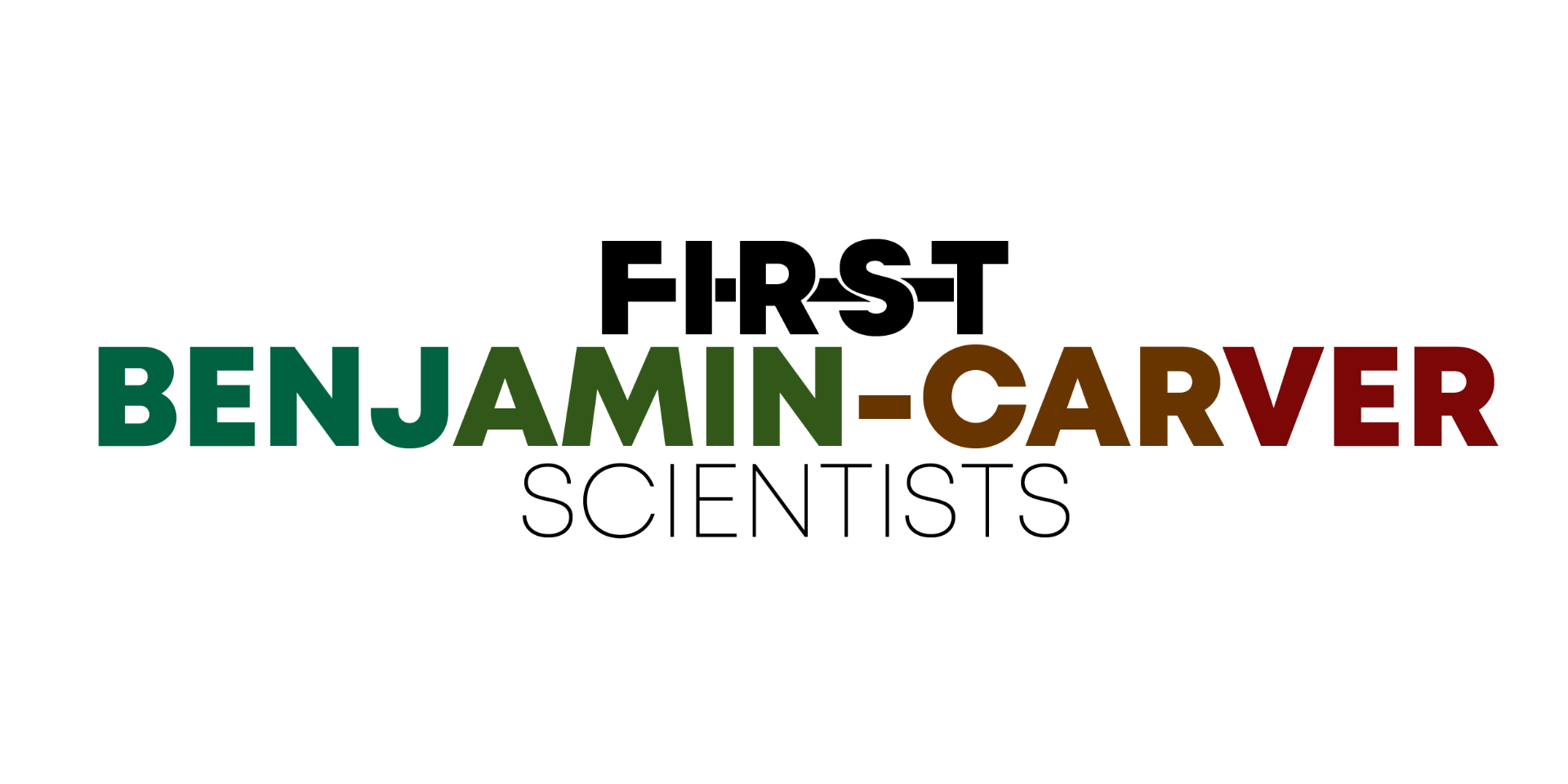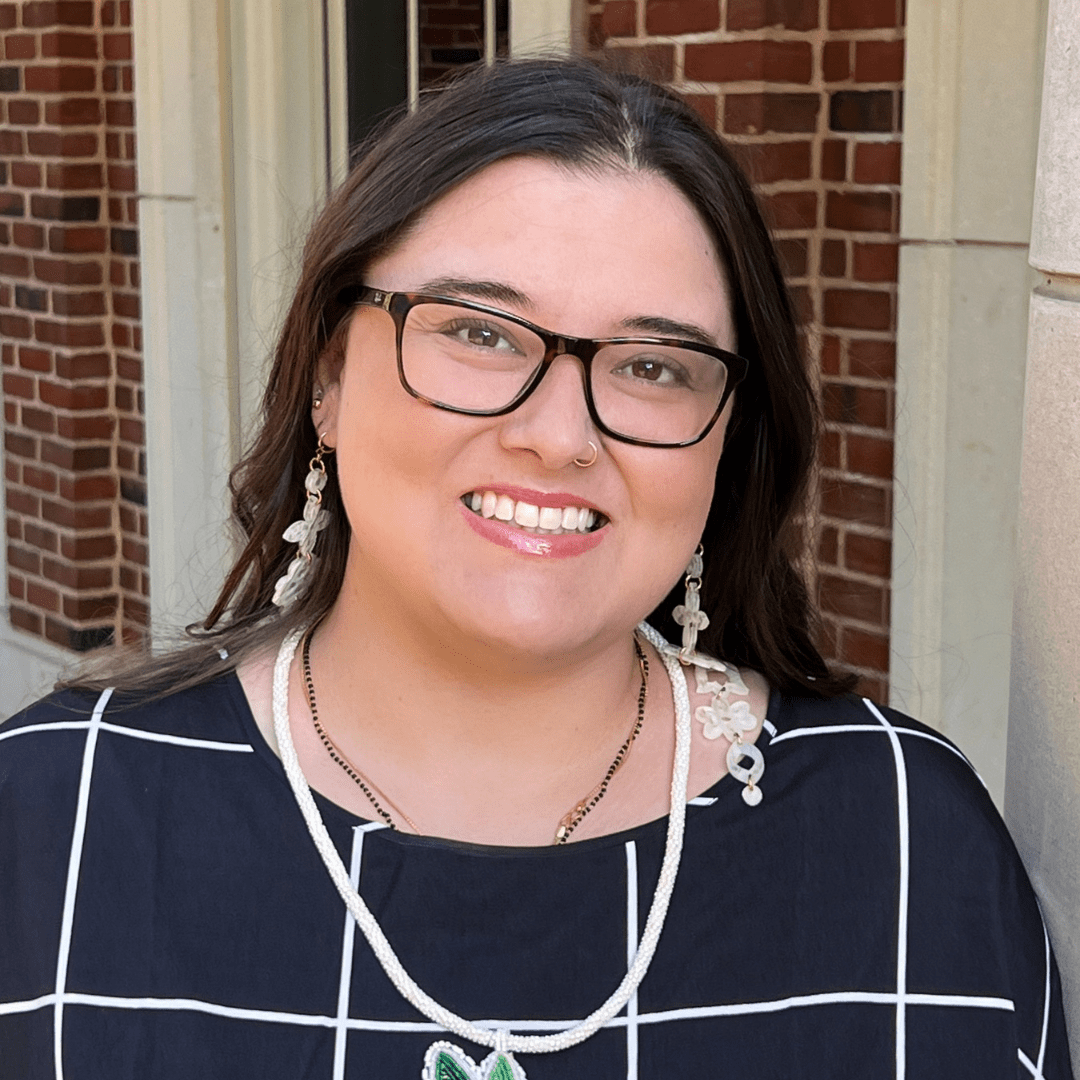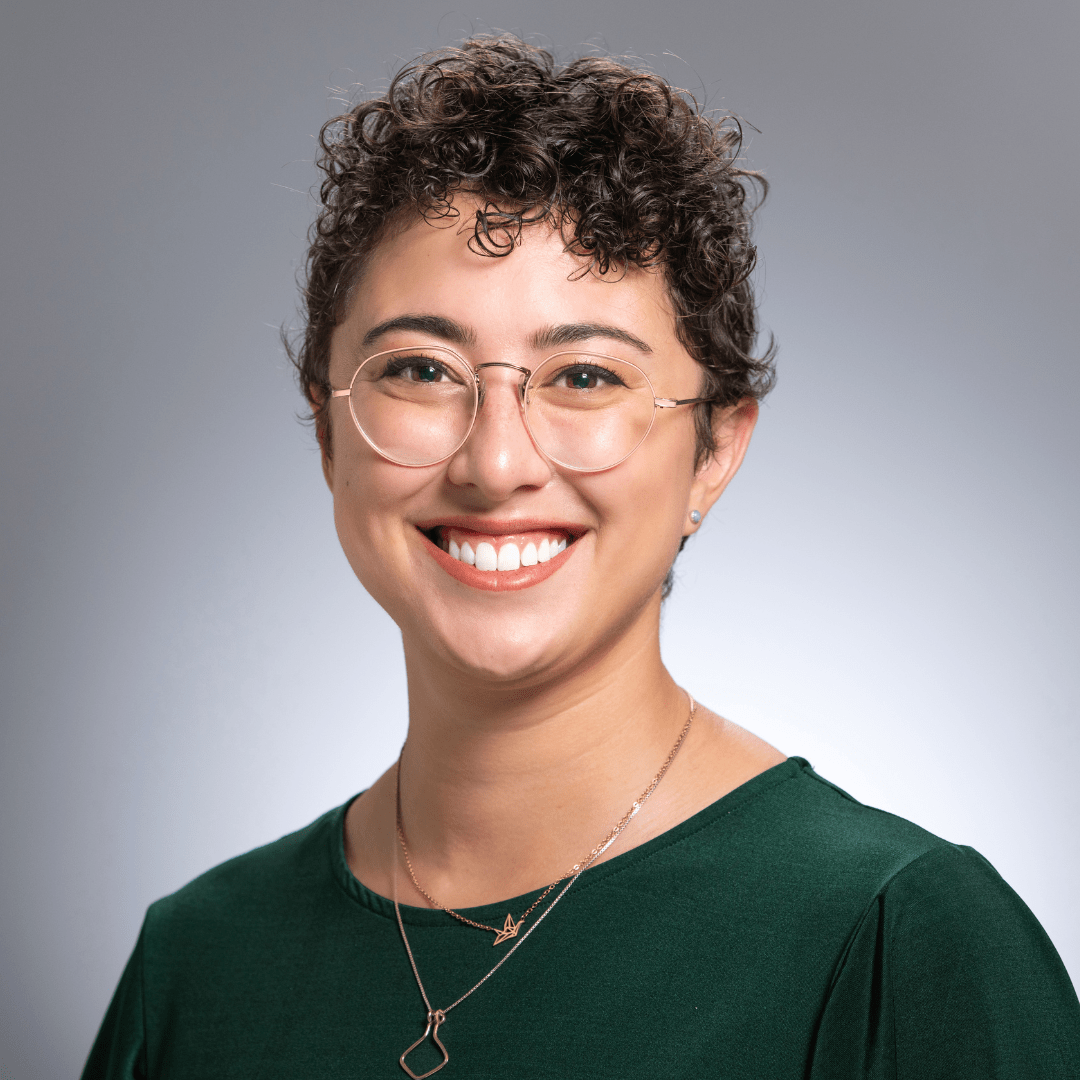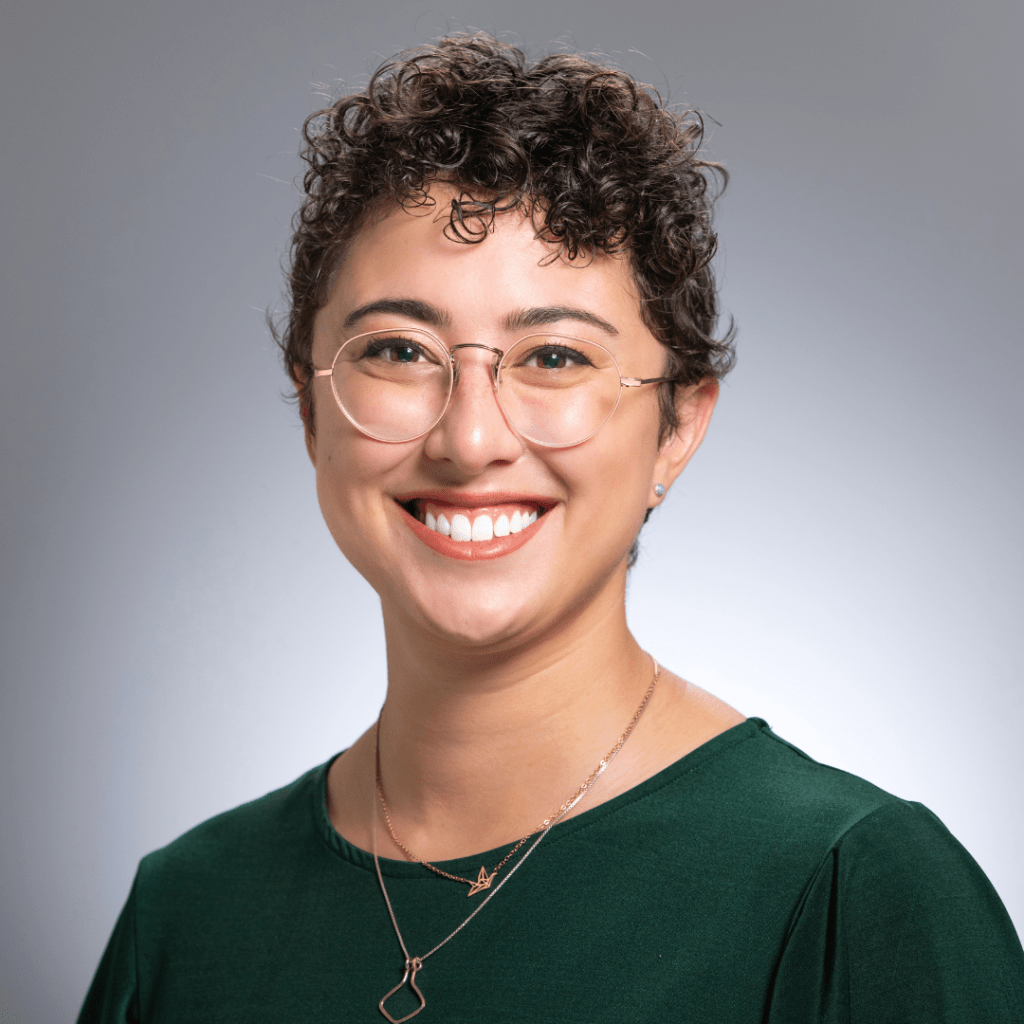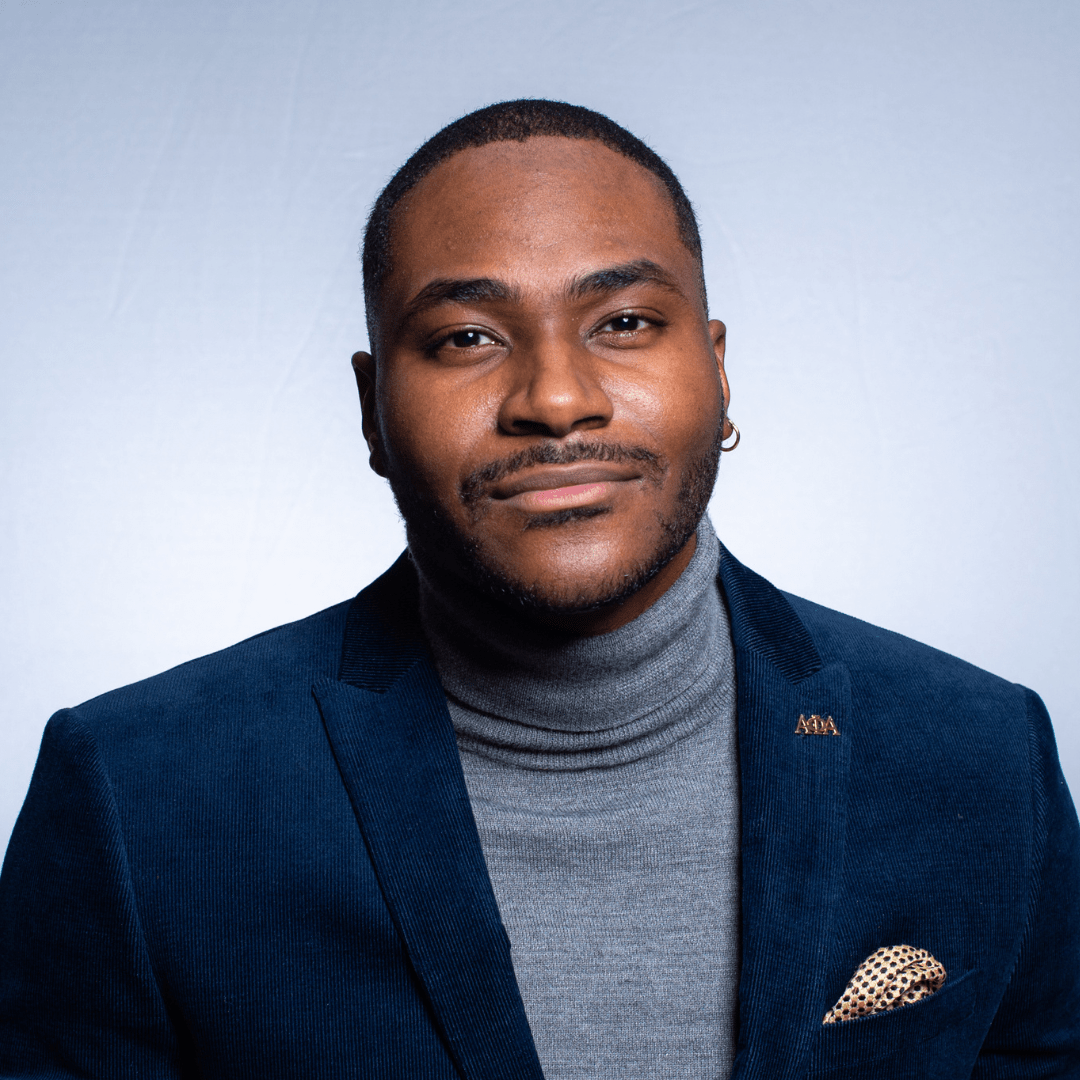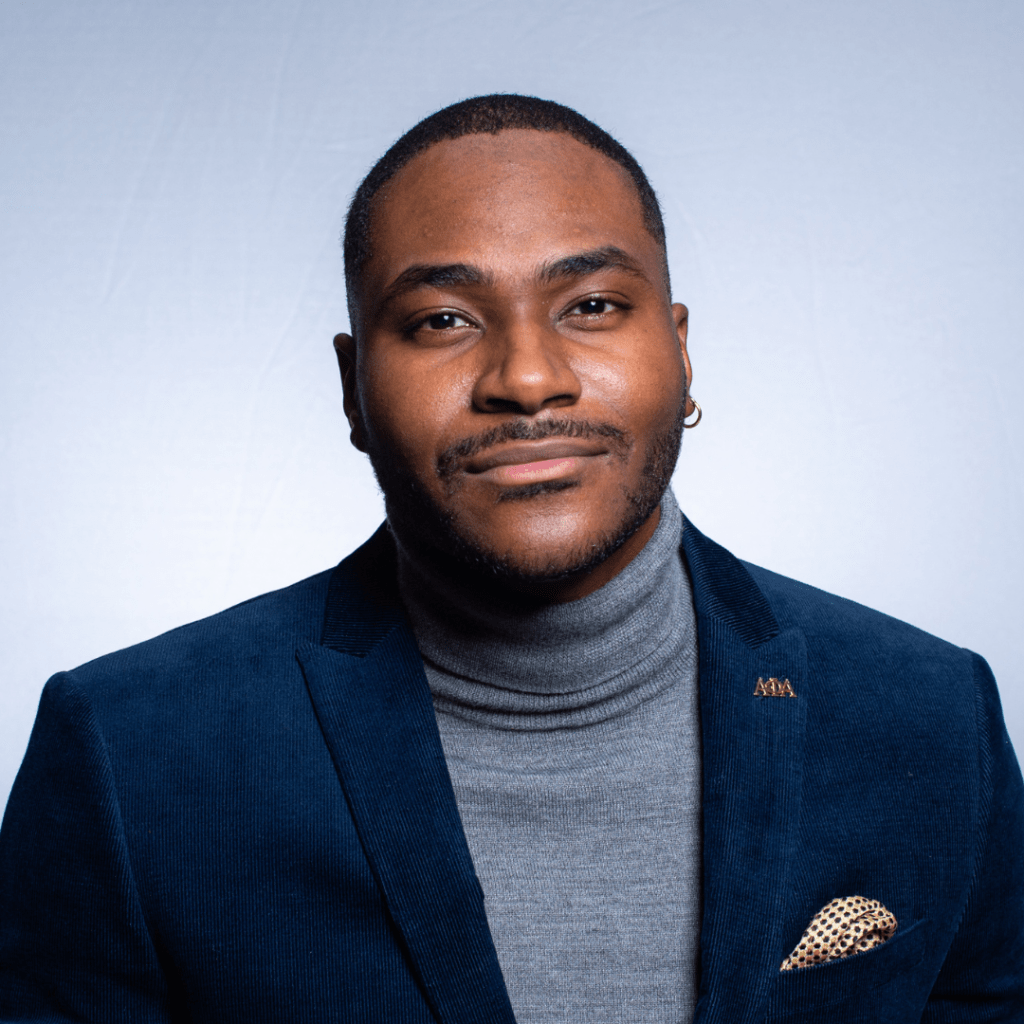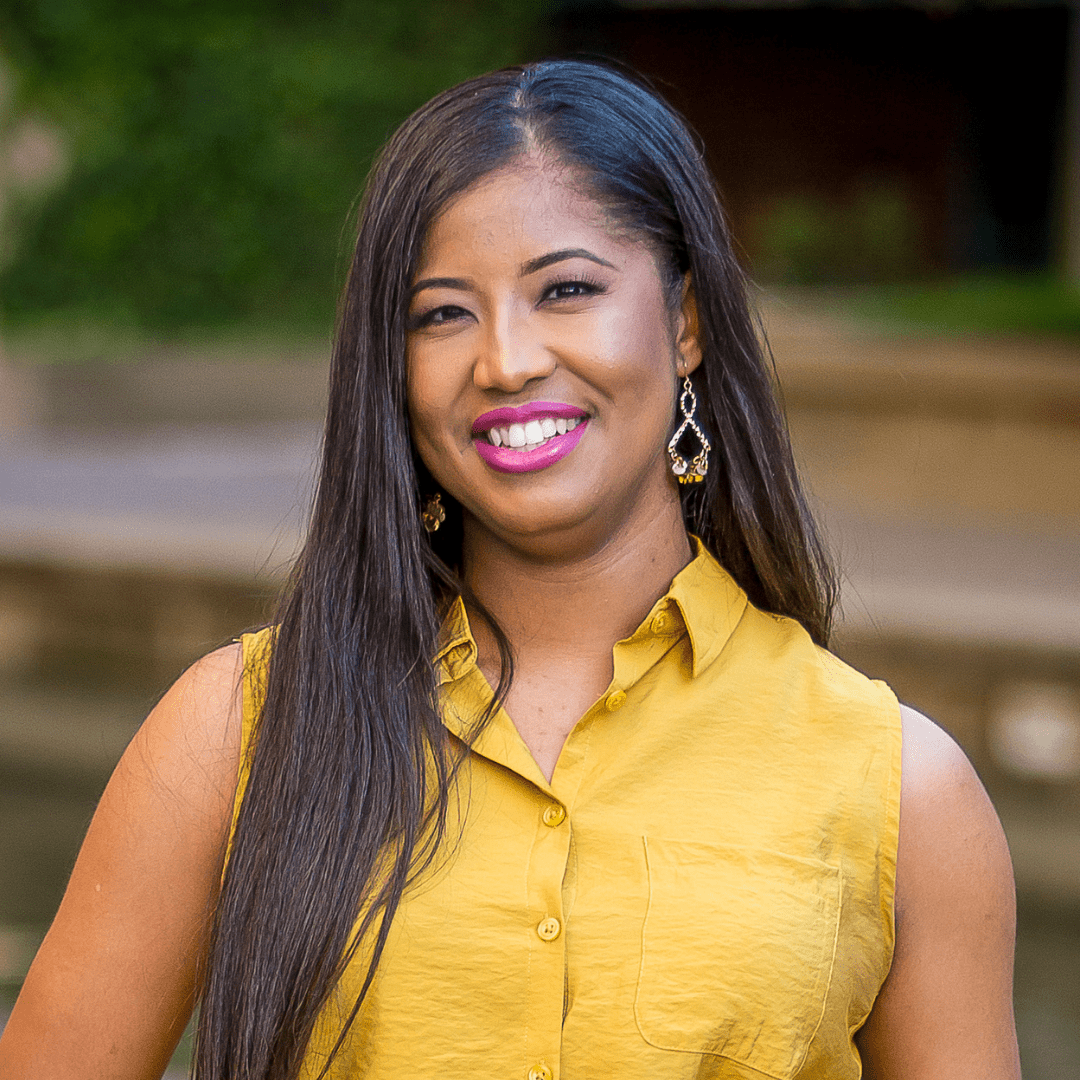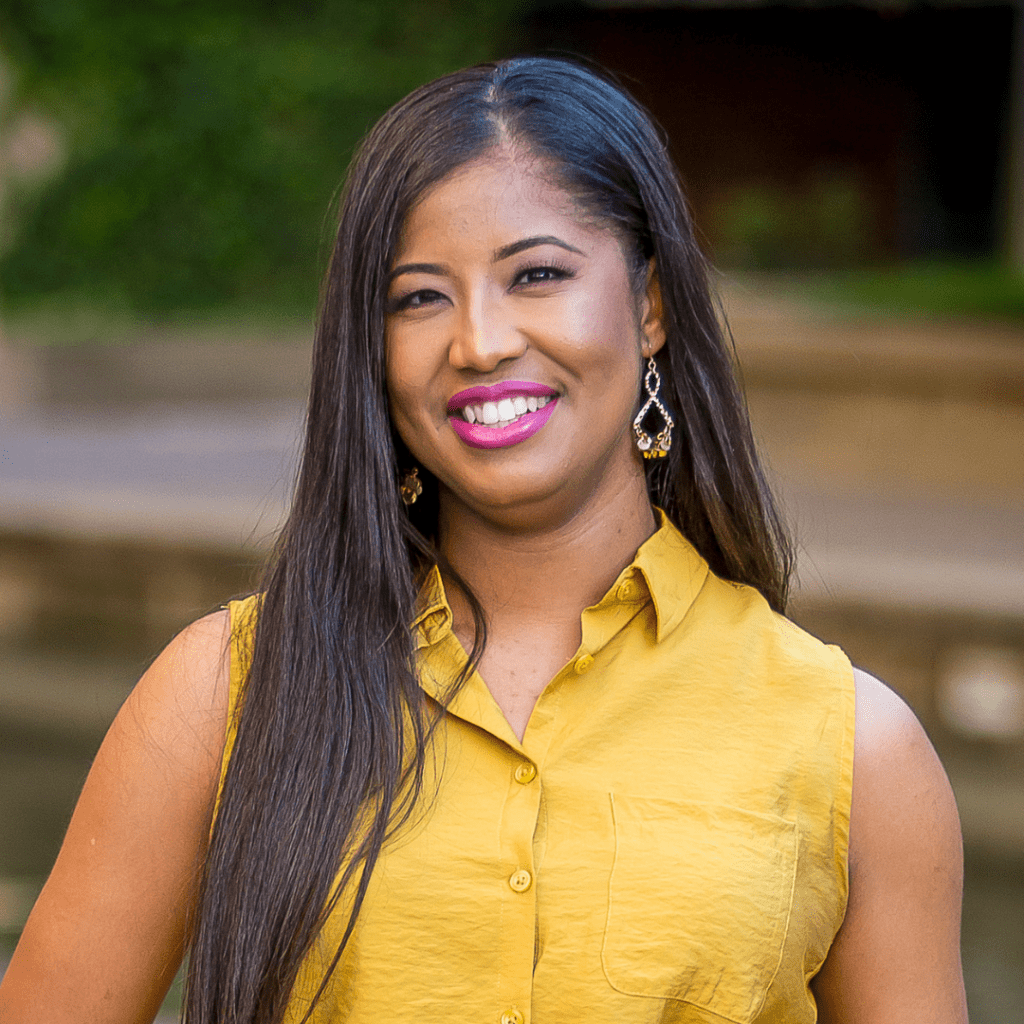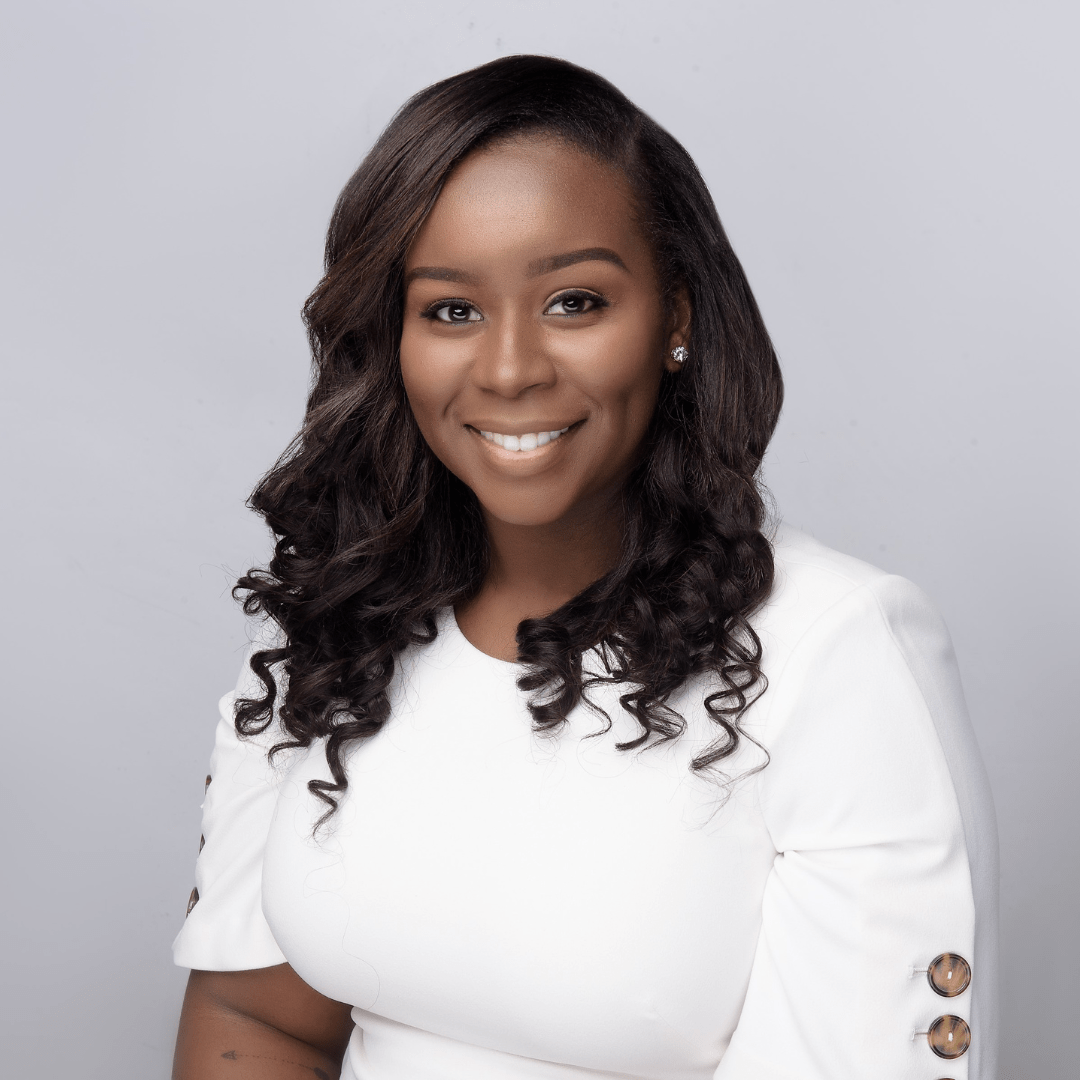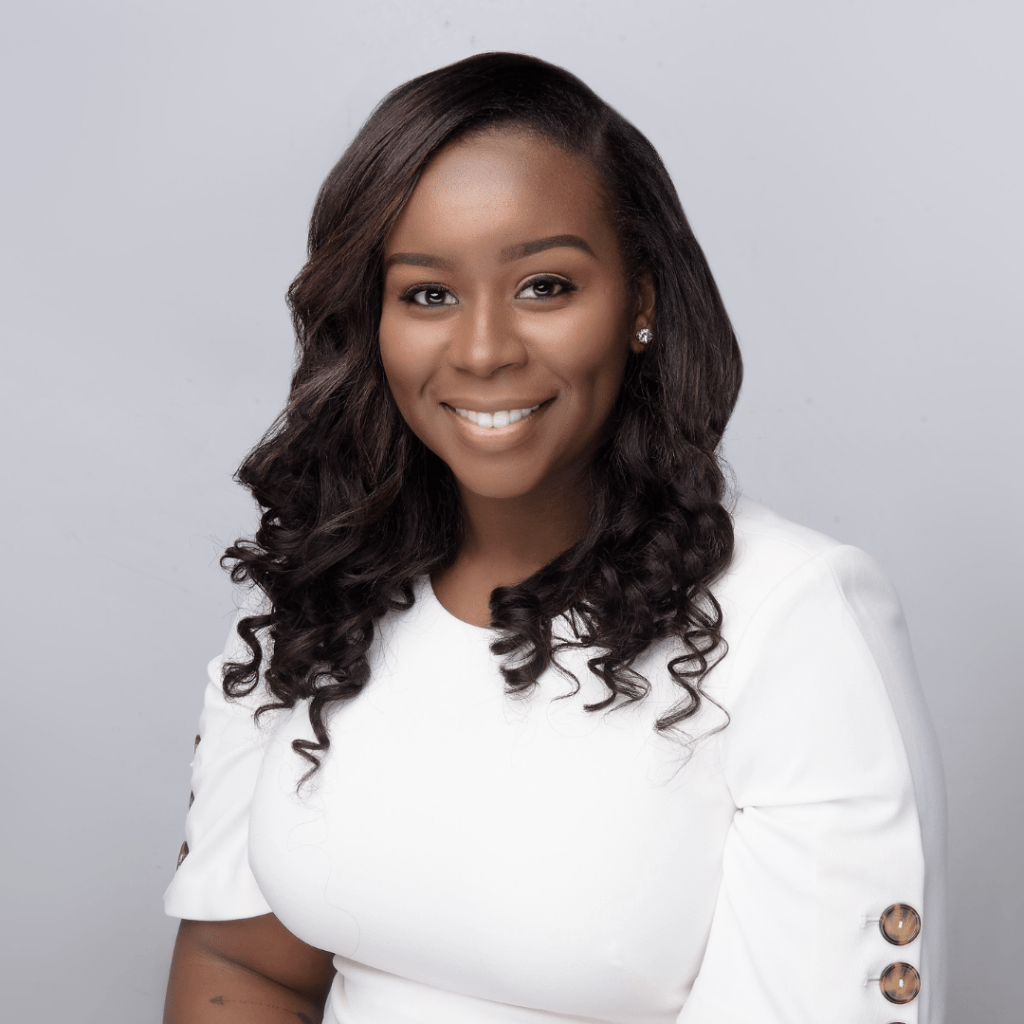Department of Family and Community Medicine Assistant Professor Jessica Jaiswal, Ph.D., MPH did not even consider attending college until her junior year of high school. A native of Kansas City, Kansas, Jaiswal joined the debate team in 10th grade—a decision that changed her future.
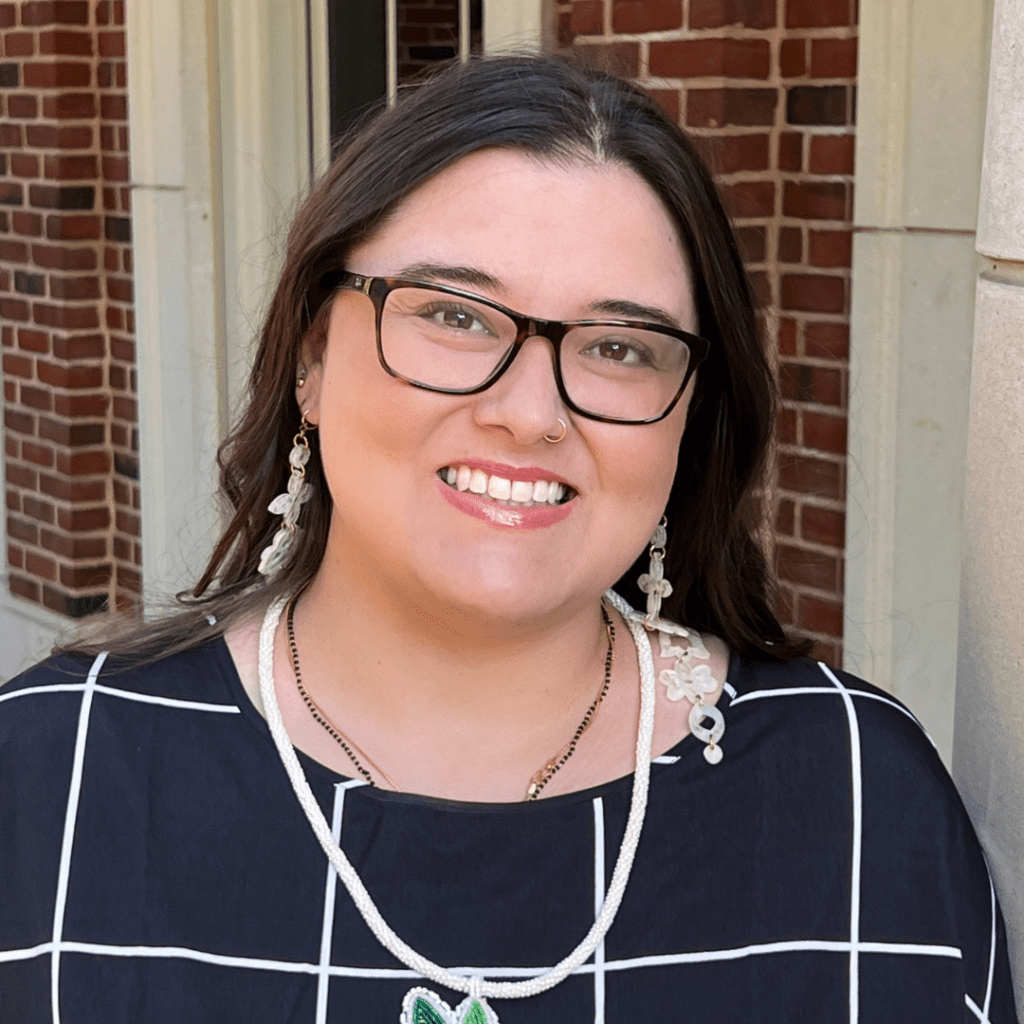
The University of Alabama at Birmingham’s Minority Health & Health Equity Research Center has studied health disparities and equity for over 20 years. The need for this research is particularly evident in Alabama and the Deep South region.
To cultivate institutional excellence that is also inclusive, longtime partners—UAB and Tuskegee University—applied for and received funding from the National Institutes of Health Common Fund to establish a cohort of scientists. Throughout 2023, the Benjamin-Carver FIRST program actively recruited faculty and welcomed them into their peer cluster community.
This series spotlights the Benjamin-Carver Scientists, sharing their educational backgrounds and plans for future research.
Meet Jessica Jaiswal, Ph.D., MPH
“I’m a first-generation college student, and before debate, I did not envision myself going to college,” explained Jaiswal. “All of my debate friends were college-bound, and I observed them taking AP classes, enrolling in ACT prep courses, and going on campus visits. All of this was incredibly foreign to me…and intimidating.”
A debate team mom helped Jaiswal navigate the college admissions process, and she did her undergraduate work at the University of Michigan. At UM, Jaiswal earned a BA in Women’s Studies and credits the school with providing interdisciplinary education in women and gender studies and Native American studies. This led to her interest in public health and health equity. Jaiswal completed her Master of Public Health, Behavioral Science at Emory University and her doctorate in Sociomedical Sciences at Columbia University.
A passion for inclusive research
Jaiswal credits an unlikely source with sparking her passion for LGBTQ health and HIV research—an extremist group. Growing up in Kansas, Jaiswal witnessed firsthand protests held by Westboro Baptist Church and counter-protests promoting justice and inclusivity.
“The images of these signs—bearing the most hateful language against sexual and gender minority people and people living with HIV—really stuck with me. But what stuck with me more were the counter-protests that rejected this way of thinking.”
As she has progressed in her career at UAB, Jaiswal has found a supportive department and amassed a team of mentors working across multiple fields and disciplines, including cancer disparities, infectious disease, substance use, and implementation science.
“UAB has everything I need and more—it’s in the heart of the Deep South, world-class resources, leading scholars in my field, and I think most importantly, my departmental home, Family and Community Medicine,”
Jessica Jaiswal, Ph.D.
“My department chair, Dr. Irfan Asif, and my vice chair of research, Dr. Tapan Mehta, are my champions, and their commitment to excellence in both patient care and research is incredibly energizing and makes me feel like there is no ceiling to what we can achieve as a team,” Jaiswal added.
Growing research within the Benjamin-Carver FIRST program
After her postdoctoral training, Jaiswal only applied to positions in the Deep South, knowing that this was where she wanted to grow her research program.
“The Benjamin-Carver FIRST program’s emphasis on health equity in this region and my department’s mission to improve patient care sets me up with everything I need to develop a program of research that contributes to reducing HPV-related inequities among communities most in need of cancer prevention.”
